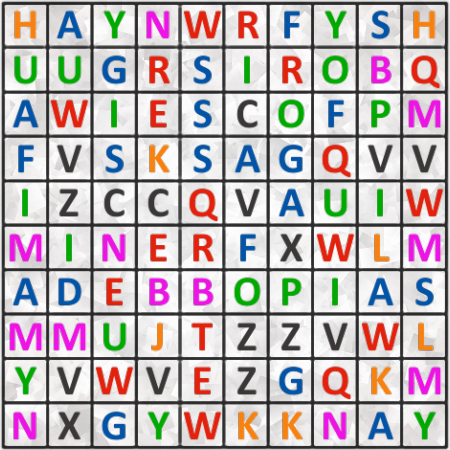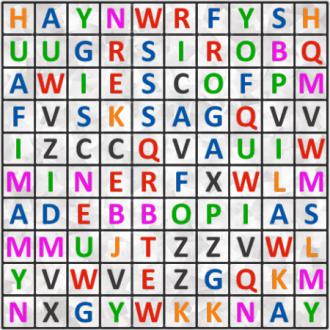Find a famous person
Find the first and the last name of a famous person. Text may go in all 8 directions. Length of words in solution: 5,6.Correct answers: 21
The first user who solved this task is Djordje Timotijevic.
#brainteasers #wordpuzzles

A young boy walks into a barbe...
A young boy walks into a barber shop, and the barber leans in and says to his customer, "This is the dumbest kid in the world. Watch and see."
The barber then places a dollar bill in one hand and two quarters in the other, calling the boy over and asking, "Which one do you want, kid?"
The boy takes the quarters and leaves.
"See what I mean?" the barber says. "He never learns!"
Later, as the customer is leaving, he notices the same boy coming out of an ice cream parlor. "Hey, kid! Can I ask you something? Why did you pick the quarters over the dollar bill?"
The boy, enjoying his ice cream, replies, "Because if I took the dollar, the game would be over!"

